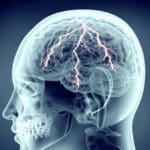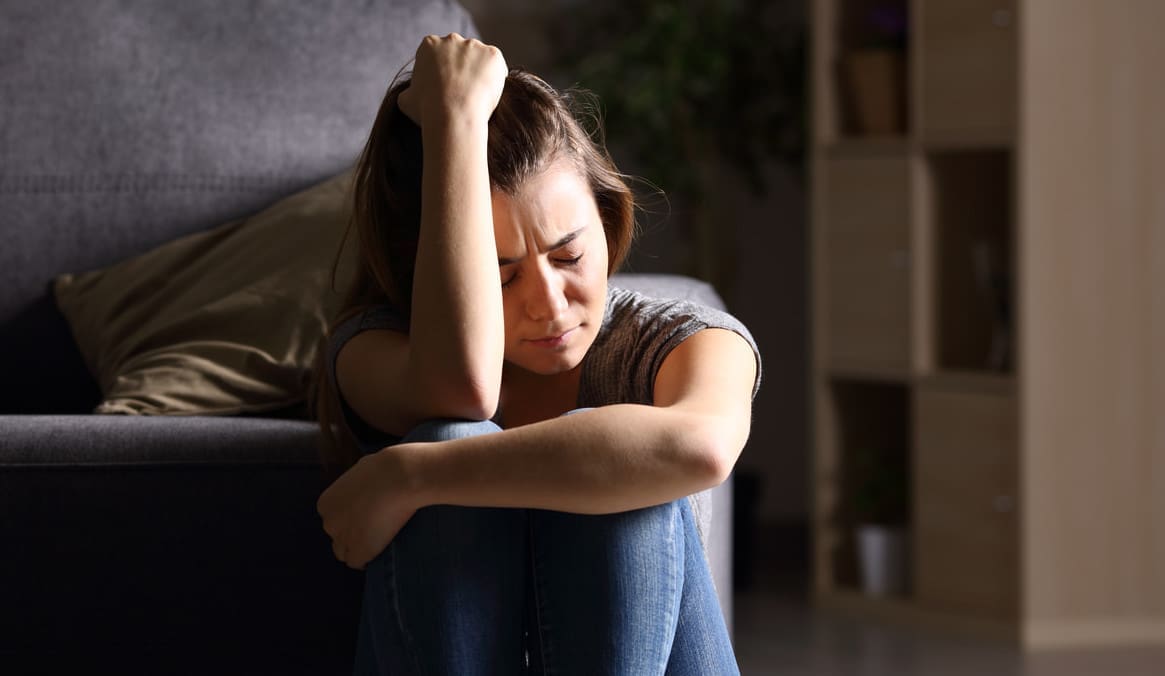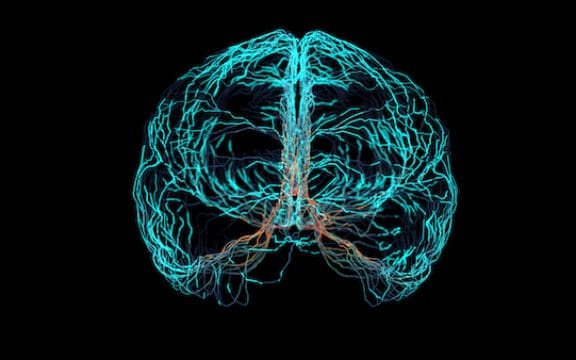According to Inner Body Research, depression in women is about twice as common as depression in men. Women also suffer from higher rates of seasonal affective disorder, depressive symptoms in bipolar disorder, and dysthymia (chronic depression). Depression in women is different for every patient, but there are many factors that make them so susceptible to the condition.
Factors Leading to Increased Depression in Women
Several factors increase women’s vulnerability to depression, from environmental conditions to genetics.
Women Tend to Be More Stressed Than Men
According to the American Psychological Association, women tend to report 8 percent higher levels of stress than men. Stress releases the hormone cortisone and its increased production from prolonged periods of stress will lower the presence of serotonin, dopamine, and other neurotransmitters in the brain. The neurotransmitters are partially responsible for regulating sleep patterns, energy levels, appetite, and other bodily functions. your mood Disturbances in the levels or functioning of the neurotransmitters can negatively impact mood and contribute to depression.
Women Have Menstrual Cycles
Unfortunately, the biological nature of the menstrual cycle increases the likelihood of depression in women. Hormonal changes that begin at puberty make women more susceptible to depression. According to Inner Body Research, hormonal changes throughout the menstrual cycle change women’s moods, and chances of depression in women may increase when hormonal changes are combined with other factors. Most women know about premenstrual syndrome, or PMS. In its more common, milder form, women experience symptoms like mood swings and irritability. Unfortunately, there is a more severe form called premenstrual dysmorphic disorder (PMDD), which features symptoms such as intense anger, severely depressed mood, impaired functioning, and occasionally suicidal thoughts.
Women Face Menopause
When the time comes when a woman transitions into menopause, called perimenopause, hormonal changes often cause symptoms such as sleep disruption, mood swings, and irritability and physical symptoms such as hot flashes. Menopause makes women more vulnerable to depression, with symptoms such as pervasive sadness and a lack of interest in daily activities.
Women Get Pregnant
We’ve mentioned postpartum depression on our blog before, which is depression after pregnancy. But women may also experience peripartum depression, which is depression during and after pregnancy. It occurs in about 1 in 7 women. Peripartum depression is not the “baby blues,” which is characterized by short duration, mild symptoms, and minimal impact on functioning. Peripartum depression not only involves the usual symptoms of depression such as sad mood, sleep disturbances, and low energy, but also often involves severe anxiety and feeling overwhelmed with the responsibilities of having a child. Read our blog on postpartum depression if you think you need to seek help.
Treatment for Depression in Women
Fortunately, depression in women is very treatable. There are many antidepressants available, though women who are pregnant, trying to get pregnant, or nursing may want to avoid medication and its potential side effects. I you or a loved one fits into those categories of women, transcranial magnetic stimulation (TMS) is a treatment option to consider.
TMS uses magnetic pulses to activate specific areas of your brain where low activity causes depression. TMS is effective, safe, and noninvasive. You are awake throughout the whole procedure, which should not hurt or produce any major side effects.
Make an Appointment with MidCity TMS
If you or a woman you love wants to seek TMS treatment for depression, reach out to Mid City TMS today. Our New York TMS center is conveniently located in Midtown Manhattan at 280 Madison Avenue and we are open from 8:00 AM to 8:00 PM Monday through Friday. Give us a call, contact us online, or schedule an appointment today.



















